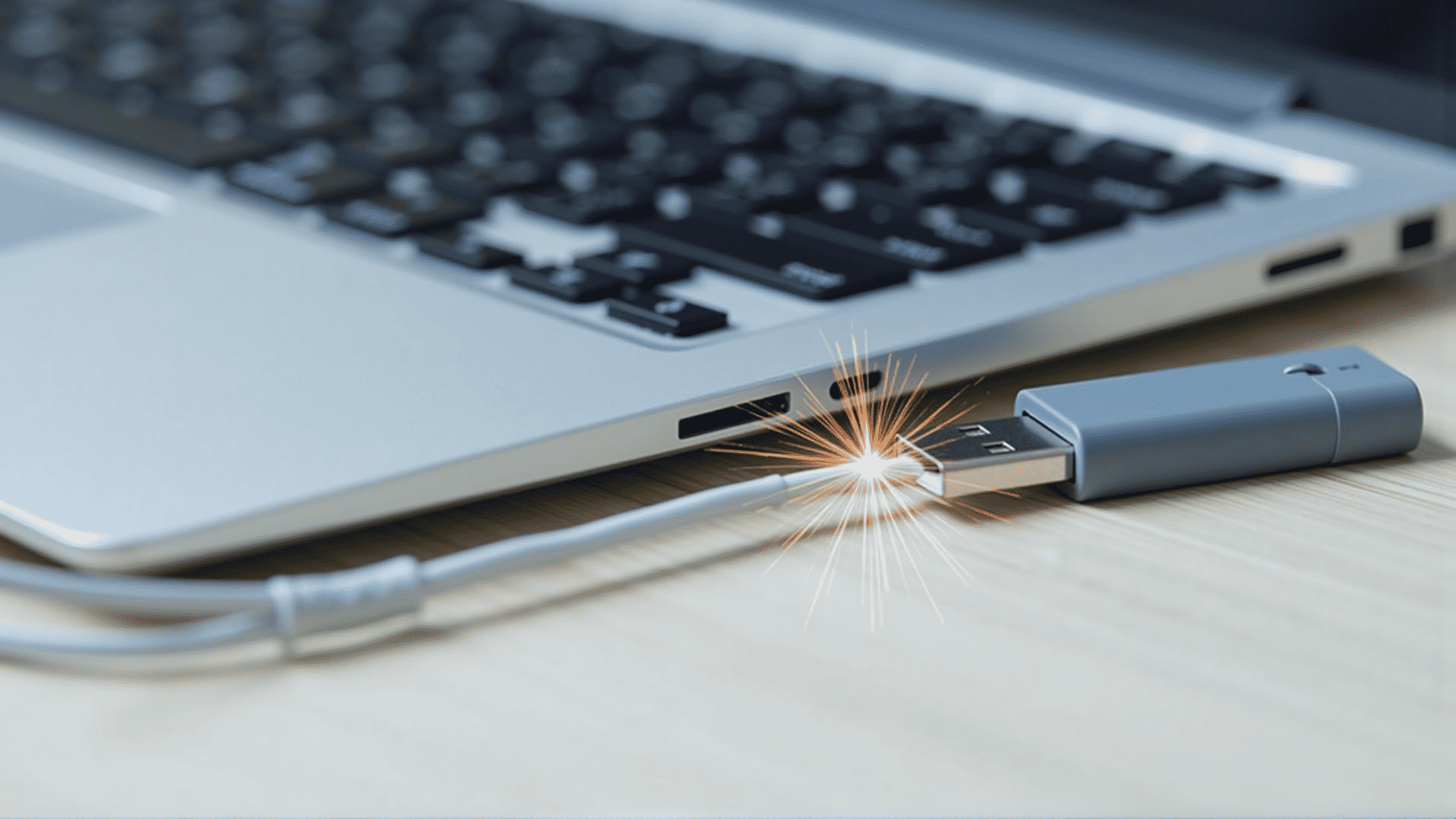Understanding why USB devices might not be detected can be quite helpful in troubleshooting and ensuring that your devices function smoothly. USB detection failures can stem from a range of issues, including driver conflicts, faulty ports, hardware problems, and more.
-
Driver Issues: This is a common reason behind USB devices not being recognized. Drivers are crucial as they facilitate communication between the device and the computer's operating system. If the drivers are outdated, corrupted, or missing, the USB device may not function properly. Ensuring that drivers are updated to the latest version can often resolve these issues.
-
Faulty USB Ports: Another cause for concern could be the USB ports themselves. Over time, ports can become worn out or physically damaged, leading to connectivity problems. Inspecting the ports for visible damage or debris and testing the USB device on a different port can help identify if the port is the issue.
-
Hardware Conflicts: Occasionally, there may be conflicts between different hardware components within the computer. This can prevent proper recognition of USB devices. Addressing these conflicts usually involves checking the device manager for errors or conflicts and resolving them by updating or reinstalling the device drivers.
-
Power Supply Problems: Some USB devices, particularly those that are power-intensive, may not receive sufficient power from the USB port. This can result in the device not being detected by the computer. Using a powered USB hub can help solve this problem by providing the necessary power.
-
Cable Issues: The USB cable itself can be a source of trouble. A damaged or faulty cable can prevent data transmission or power delivery, leading to detection issues. Testing with a different cable can help determine if the cable is the cause of the problem.
-
Operating System Settings: Occasionally, specific settings within the operating system may need adjustment for the USB device to be recognized. Checking power management settings or performing system updates can sometimes resolve these issues.
-
Corrupted Device: Sometimes the issue lies within the USB device itself. Device corruption can occur due to improper usage, abrupt removal, or file system errors. Running a system check or error-checking utility on the device can often recover it to a functional state.
-
Incompatible Device: In some cases, the USB device may not be compatible with the computer's operating system. It is essential to ensure that the device you intend to use is compatible with the system specifications.
By understanding these potential causes, troubleshooting USB detection failures can become a much more manageable process. Always start with the simplest solutions, such as checking connections and ensuring devices are compatible, before moving on to more complex troubleshooting steps.
